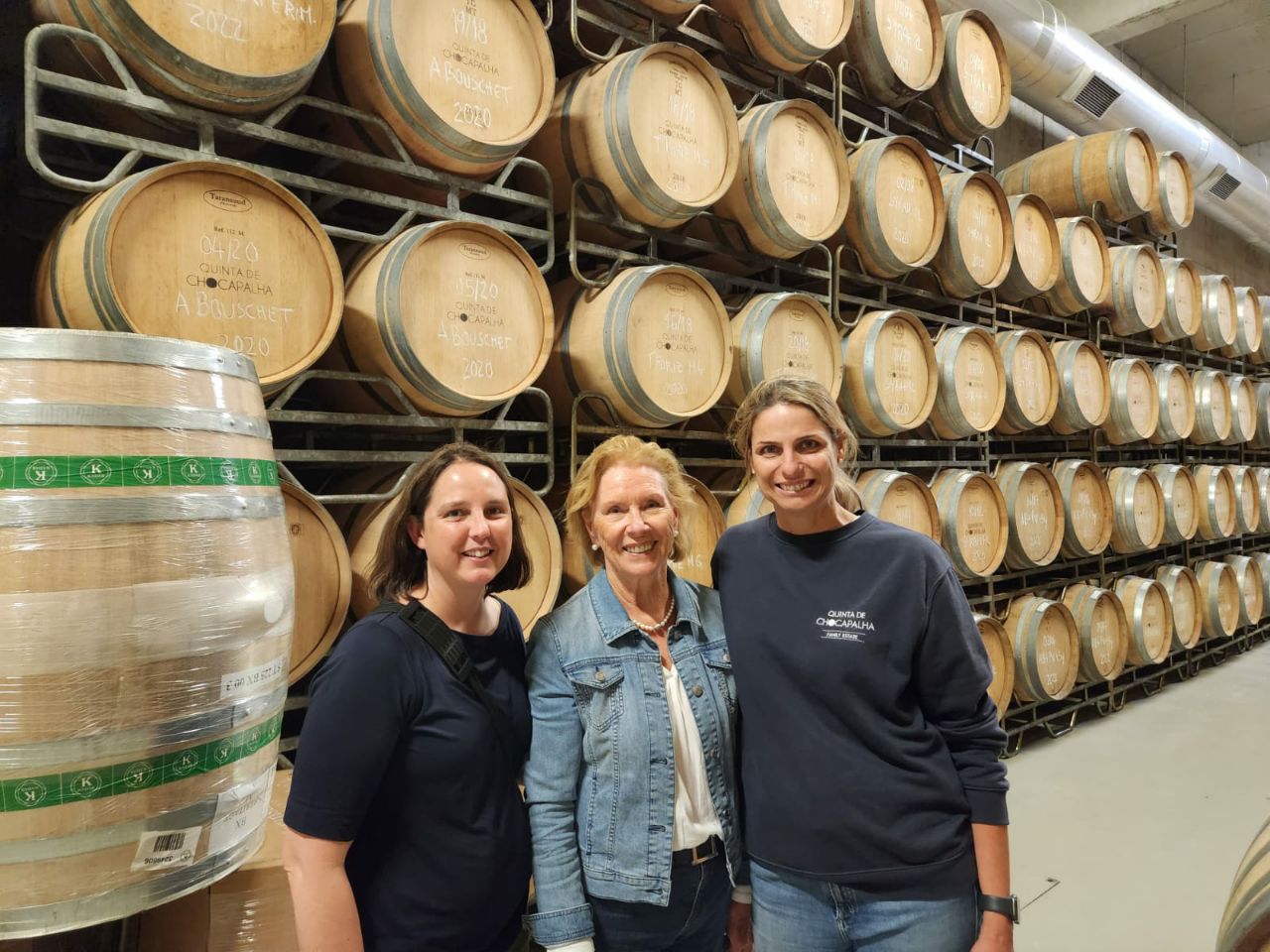The Boplaas name is synonymous with excellence. Included in its achievements, the family-owned winery has won almost as many Double Gold awards at Veritas – South Africa’s longest-running championship – as the 33-year-old show has been held. Much of this, it owes to its association with Portugal.
For example, Boplaas was the first South African producer to make port in a drier style, with a higher alcohol. It has also become a champion of wines made from Portuguese varieties.
Surprisingly, its link to Portuguese varieties happened by accident. “My father had planted grapes he thought were Shiraz. We later discovered they were Tinta Barocca,” says Boplaas cellarmaster Carel Nel. “They did very well, so they stayed.”
“We quickly realised their success lay in how similar our arid region is to that of Portugal, but also the importance of the Portuguese temperament too,” he says.
“The Portuguese winemaking fraternity is fiercely independent. They have always stuck to their own indigenous varieties rather than making wholesale conversions to whatever international grape varieties became the flavour of the month.”
What did Boplaas learn from the Portuguese?
Over the years, the Nel Family has made more than 15 trips to Portugal. In the process, lasting friendships were built world leading portmakers including the Symington Family, owners of brands including Graham, Dow’s and Cockburns; and, the Guimareans Family, whose brands include Taylor and Fonseca. The Nels also fell in love with Portugal, the landscape, the food, the wine and of course the port.
Many lessons were learned from the Portuguese over the years, and Boplaas has integrated much of this knowledge while adding its own generational know-how.
- Cultivars
Touriga Nacional is the king of red cultivars in Portugal. Boplaas planted its first Touriga Nacional vines in 1993. Since then, it has played a major role in its best red wines and reserve ports.
Tinta Barcocca, the workhorse of Boplaas, is used mainly for red wine and Cape ruby port. Souzão is used in blends for its dark colour and good acidity. Alvarinho was planted four years ago, and has already produced a competition-winning wine. Verdelho is great for white wine, giving wines an earthiness, good acidity and unique flavour.
- Vineyards
Centuries of wine-growing has taught the Portuguese that low yields make great wines and port. Portuguese yields are sometimes as low as three tons per hectare.
Boplaas embraces this knowledge and reduced the yields for reserve wines to six tons per hectare.
- Passion
An enjoyment of life is certainly a dominant aspect of the Portuguese temperament. To this is added an appreciation of patience. In making great wine, both passion and patience are essential. They are the foundation of wines such as the Boplaas Colheita Cape Tawny 2005, which spent and almighty 15 years in barrel.
The result: British Master of Wine Tim Atkin rated it as South Africa’s best fortified wine.
- Style
A deep understanding of provenance guides the Portuguese style and independence, and it shows in the winemaking. The road Boplaas is one as realised 28 Veritas Double Gold awards, 22 five-star ratings from Platter’s South African wine guide, and numerous international accolades.
- Climate
Portuguese cultivars are well adopted to handle hot days and are more drought resistant than other cultivars. Even Bordeaux has approved Touriga Nacional as cultivar to be used in blends. Boplaas’s faith in Portuguese varieties as grapes that will be around for many decades – especially in the face of climate change – is unwavering.
- Barrels
The Portuguese use old barrels because they do not want oak character in port. This ensures that fruit purity is retained. Boplaas adopts the same regime for aging its award-winning specimens.
- Whisky
Whisky might not be associated directly with Portugal. The knowledge Boplaas has gained about port and barrels has however been applied to its whisky-making. Boplaas started to produce whisky a decade ago, with the most exclusive spirit being aged in barrels that were used for port.
Boplaas uses its SA Champion Port barrels to finish some of its single malt expressions and the results are fantastic.
The Boplaas range of wines and spirits are available for purchase from our online shop and at selected retailers across the country. There are Boplaas tasting rooms at Calitzdorp and along the Garden Route at Redberry Farm in George and Old Nick Village in Plettenberg Bay. Another is to be opened at Hart & Bosch Village in Hartenbos soon.




